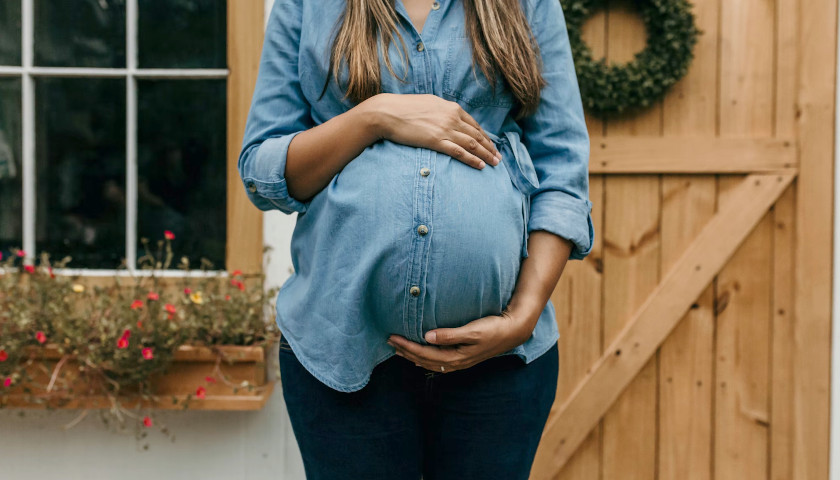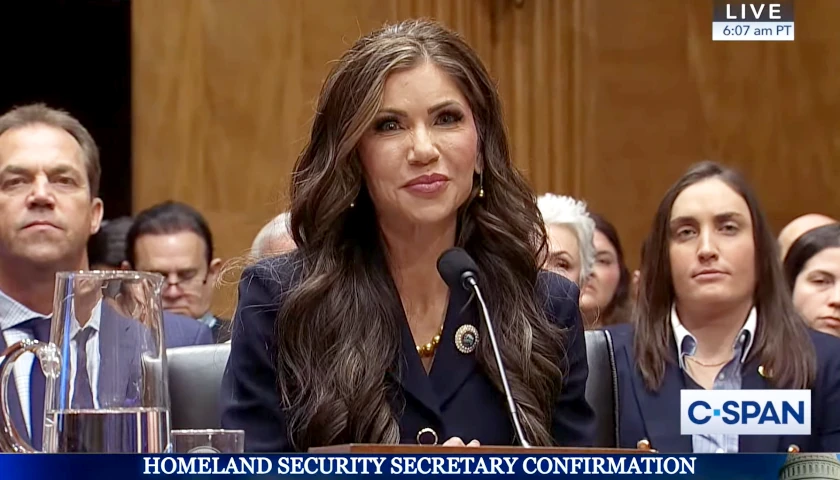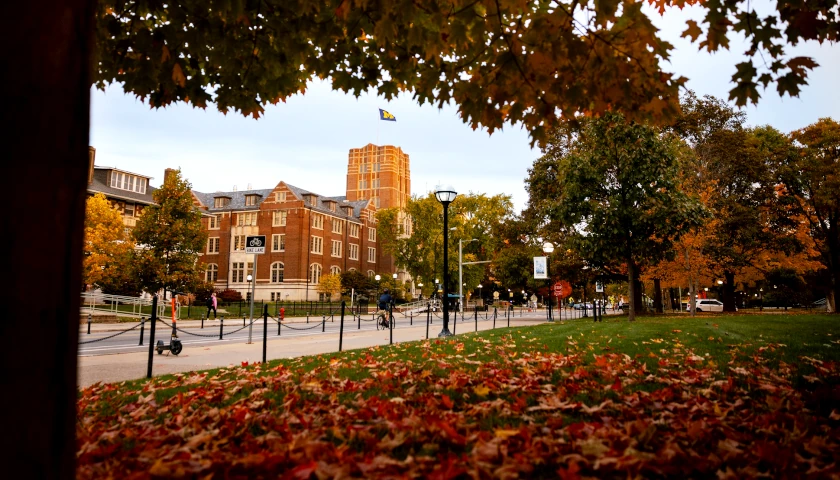The South Carolina Supreme Court has temporarily blocked continued enforcement of the state’s Heartbeat law, which bans abortions once a fetal heartbeat is detected.
The court’s order Wednesday grants abortion providers an emergency motion that will halt enforcement of the law, which has been in effect since June 27, several days after the U.S. Supreme Court overturned Roe v. Wade.
On June 24, the U.S. Supreme Court held in Dobbs v. Jackson Women’s Health Organization:
The Constitution does not confer a right to abortion; Roe and Casey are overruled; and the authority to regulate abortion is returned to the people and their elected representatives.
Governor Henry McMaster (R-SC) signed the Heartbeat legislation in 2021, but the law was never enforced due to a legal challenge by abortion providers.
According to the ruling, a year after the U.S. Supreme Court’s 1973 decision in Roe, the South Carolina legislature “responded in 1974 by essentially codifying the Roe framework.”
The order states the law provides its enactment “must not be construed to repeal, by implication or otherwise,” the Roe codification or other South Carolina law regulating or restricting abortion.
“It necessarily follows that the codification of Roe … remains part of the public policy of this state, notwithstanding the recent Act,” the order states. “This legislative history, combined with the result in Dobbs, brings us to the current dispute in the Court’s original jurisdiction.”
“Although we temporarily enjoin the enforcement of the Act, we nevertheless recognize the plenary authority of the legislature to legislate and make public policy decisions, subject only to constraints imposed by the United States Constitution and the South Carolina Constitution,” the justices said. “Because Roe and Planned Parenthood of Southeastern Pennsylvania v. Casey … have been overruled, there is no right to an abortion under the federal constitution.”
A report at the Washington Examiner noted that Genevieve Scott, senior counsel at the Center for Reproductive Rights, and Jenny Black, CEO of Planned Parenthood South Atlantic, agreed the temporary halt to the Heartbeat law provides more time for women to have abortions.
“Many have been panicking for far too long as they try to figure out where they can turn to for services, if at all,” Scott said, calling the law “unjust” and claiming it places women’s health in jeopardy.
The ruling comes on the same day the South Carolina House passed a bill out of committee that would ban all abortions with exceptions for “(1) the death of the pregnant woman; (2) a substantial risk of death for the pregnant woman because of a physical condition; or (3) the substantial and irreversible physical impairment of a major bodily function of the pregnant woman, not including psychological or emotional conditions.”
The bill now advances to the State House floor.
Late last week, the Idaho Supreme Court, in a 3-2 ruling, rejected Planned Parenthood’s bid to block an abortion ban from taking effect August 25. The law blocks all abortions except in cases of rape, incest, or to prevent the mother’s death.
– – –
Susan Berry, PhD, is national education editor at The Star News Network. Email tips to [email protected].





